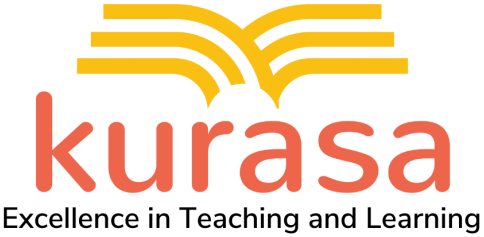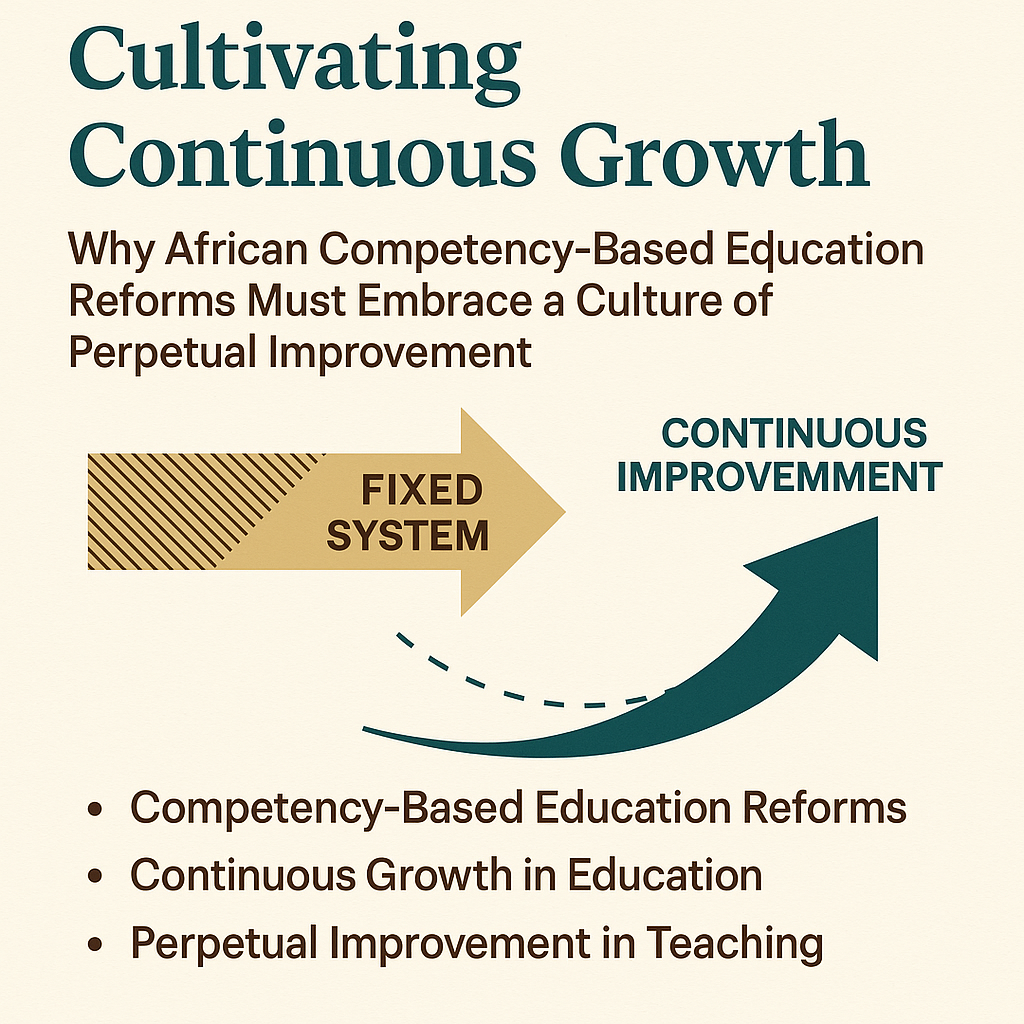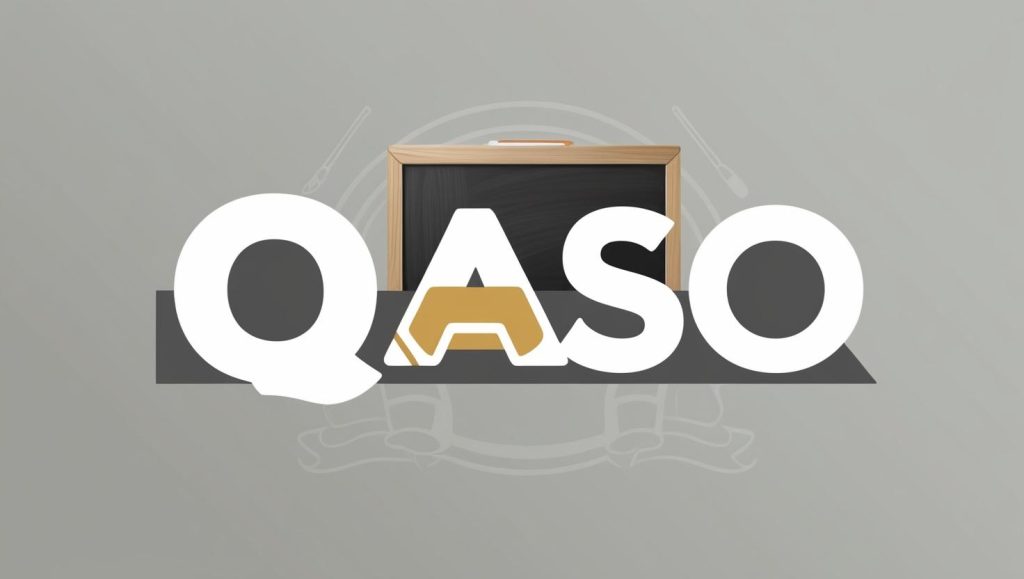
In today’s fast-paced and digitally driven society, the landscape of education is undergoing a profound transformation. As we witness the rise of the Fourth Industrial Revolution, characterized by technological advancements and interconnectedness, it becomes increasingly evident that preparing students for a connected world is paramount to their success and resilience in the future. But what does this preparation entail, and how can we as educators rise to the challenge? Let’s explore.
Embracing Technological Literacy
Gone are the days when pen and paper were the primary tools of learning. In today’s classrooms, technology plays a central role in facilitating teaching and learning experiences. From interactive whiteboards to educational apps and online platforms, students are immersed in a digital environment from an early age. As such, fostering technological literacy is not merely an option but a necessity.
Beyond Digital Fluency: Cultivating Digital Citizenship
While proficiency in using technology is essential, it is equally important to cultivate digital citizenship among students. Digital citizenship encompasses a range of skills and values, including online etiquette, responsible use of social media, and awareness of digital rights and responsibilities. By instilling these principles, we empower students to navigate the digital world safely, ethically, and responsibly.
Promoting Critical Thinking in the Digital Age
In an era inundated with information, the ability to think critically and discern fact from fiction is more crucial than ever. As educators, it is our responsibility to equip students with the skills to evaluate information critically, analyze media sources, and distinguish between credible and unreliable sources. By fostering a culture of critical inquiry, we empower students to become informed, discerning, and empowered digital citizens.
Encouraging Collaboration and Global Connectivity

The connected nature of the digital world offers unparalleled opportunities for collaboration and global connectivity. Through online platforms, students can collaborate with peers from different cultures, exchange ideas, and engage in meaningful dialogue. By leveraging technology to foster global connections, we broaden students’ horizons, promote cultural understanding, and cultivate a sense of global citizenship.
Adapting to an Ever-Evolving Landscape
As technology continues to evolve at a rapid pace, the landscape of education is constantly shifting. As educators, we must remain agile and adaptable, embracing innovation and leveraging emerging technologies to enhance teaching and learning experiences. By staying abreast of technological advancements and embracing a mindset of lifelong learning, we ensure that our students are prepared to thrive in an ever-changing digital world.
The Story of Aisha: Embracing the Digital Frontier
Meet Aisha, a bright and curious 10-year-old student attending a primary school in Nairobi. From a young age, Aisha has been fascinated by technology. Whether it’s exploring educational apps on her tablet or conducting research online for her school projects, she thrives in the digital realm. However, Aisha’s journey into the digital frontier hasn’t been without its challenges.
Like many students her age, Aisha initially struggled to navigate the complexities of the online world. She encountered misinformation, cyberbullying, and digital distractions that threatened to overshadow her passion for learning. Recognizing the importance of digital literacy, Aisha’s teachers and parents stepped in to provide guidance and support.
Through a combination of digital citizenship lessons, critical thinking workshops, and hands-on experiences, Aisha learned how to responsibly harness the power of technology. She discovered the value of discerning credible sources, protecting her online privacy, and using digital tools for positive social change. Armed with these skills, Aisha transformed from a passive consumer of digital content to an empowered digital citizen ready to shape the future.
A Call to Action: Empowering Students for a Connected World
Aisha’s story highlights the critical role of education in preparing students for a connected world. As educators, it’s imperative that we prioritize digital literacy and 21st-century skills in our curriculum. Here are some actionable steps we can take to empower students like Aisha:
- Integrate Technology Across Subjects: Incorporate digital tools and resources into various subject areas to enhance learning and foster digital fluency.
- Teach Digital Citizenship: Provide explicit instruction on topics such as online safety, responsible social media use, and ethical digital behavior to help students navigate the digital landscape with confidence and integrity.
- Promote Critical Thinking and Media Literacy: Equip students with the skills to critically evaluate information, discern fact from fiction, and analyze media messages in an increasingly interconnected world.
- Encourage Collaboration and Global Awareness: Foster opportunities for students to collaborate with peers from diverse backgrounds, cultures, and perspectives using digital platforms, promoting empathy, understanding, and global citizenship.
- Embrace Lifelong Learning: Instill a growth mindset in students, emphasizing the importance of adaptability, resilience, and continuous learning in an ever-changing digital environment.
Join the Conversation
Preparing students for a connected world is a multifaceted endeavor that requires collaboration, innovation, and a shared commitment to excellence in education. As we navigate the complexities of the digital age, let us engage in meaningful dialogue, share best practices, and collectively work towards empowering the next generation of digital natives. Together, we can equip students with the skills, knowledge, and mindset they need to succeed in a connected world. Join the conversation and let’s shape the future of education together.


